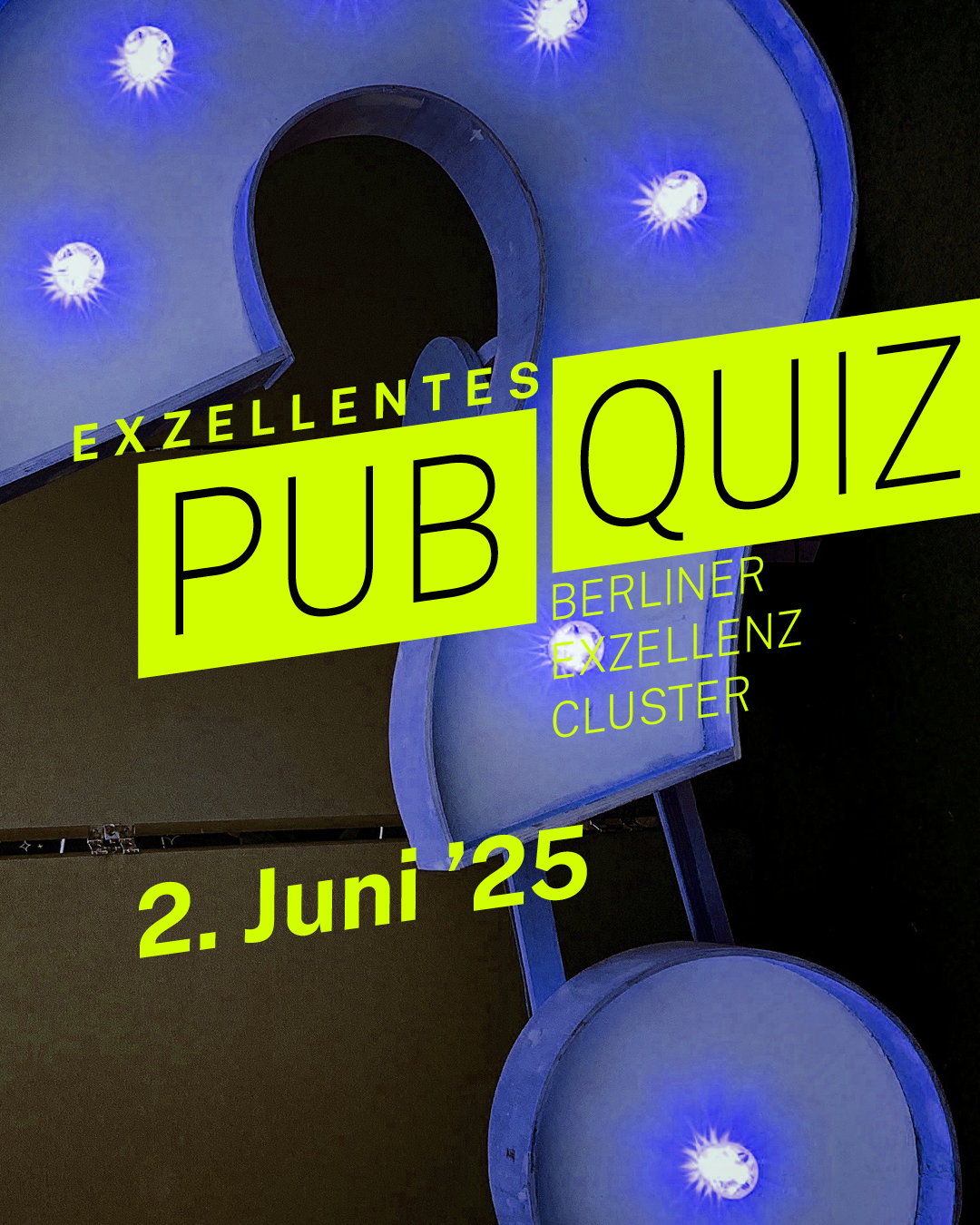
J. Kevin O’Regan (CNRS Paris), “How To Make a Machine That Is Conscious and Really Feels”
SCIoI, Marchstraße 23, 10587 Berlin, Room 2.057Despite current advances in artificial intelligence, many people remain convinced that machines are still far from being able to really experience, for example, the redness of a sunset, the pain of a pinprick, or what it's like to be sad. This "phenomenal" or "felt" aspect of consciousness seems outside the realm of science and impossible















